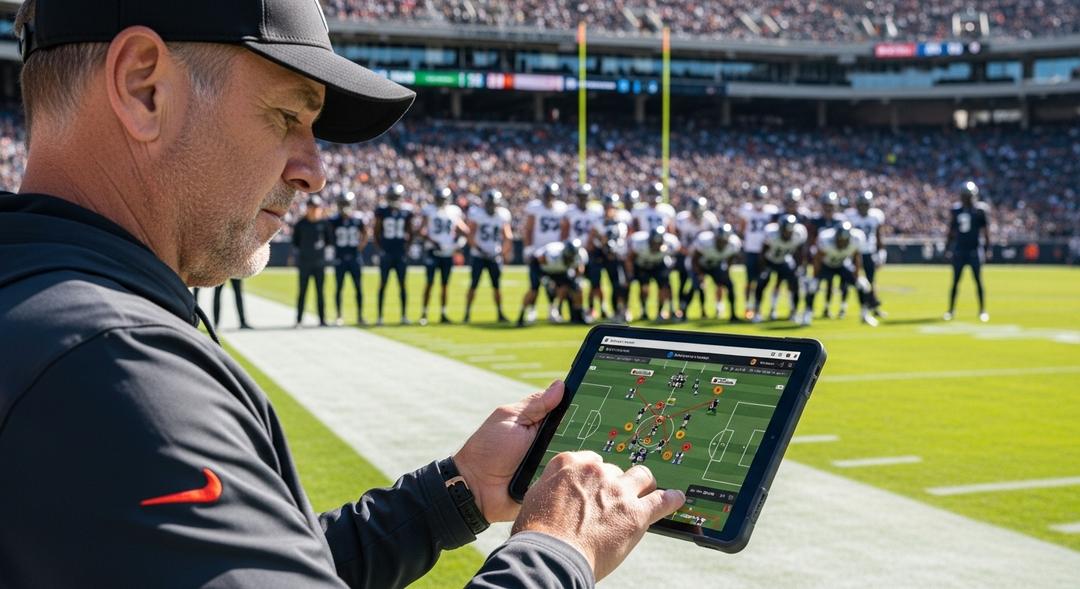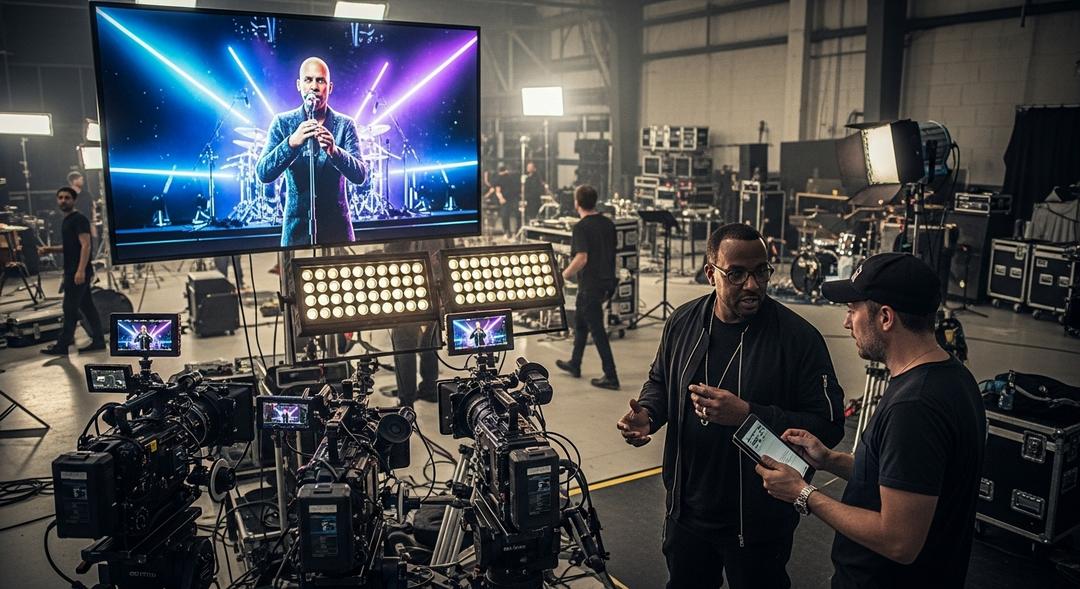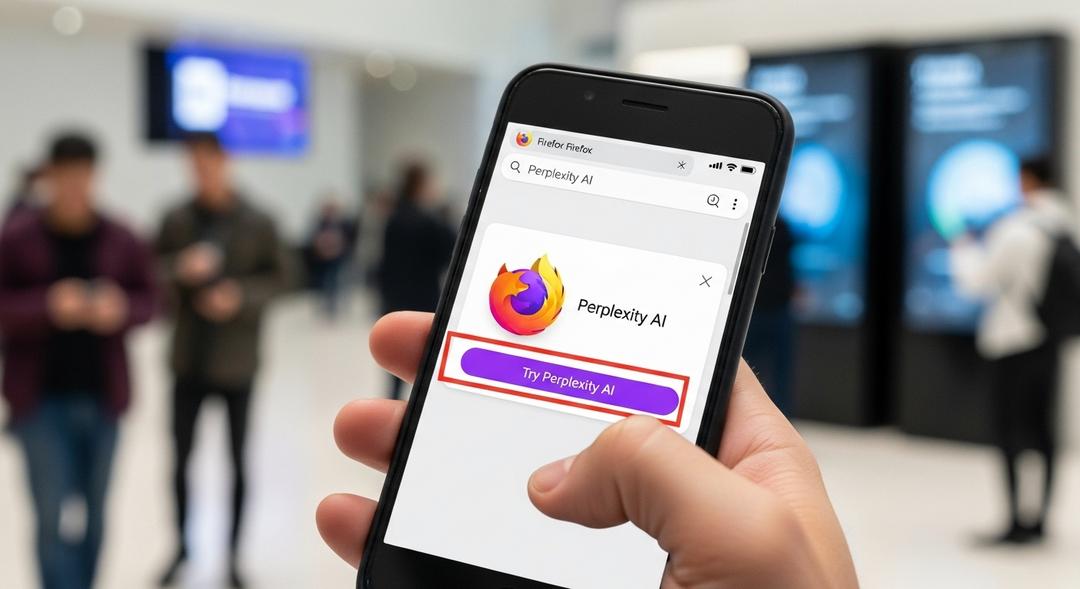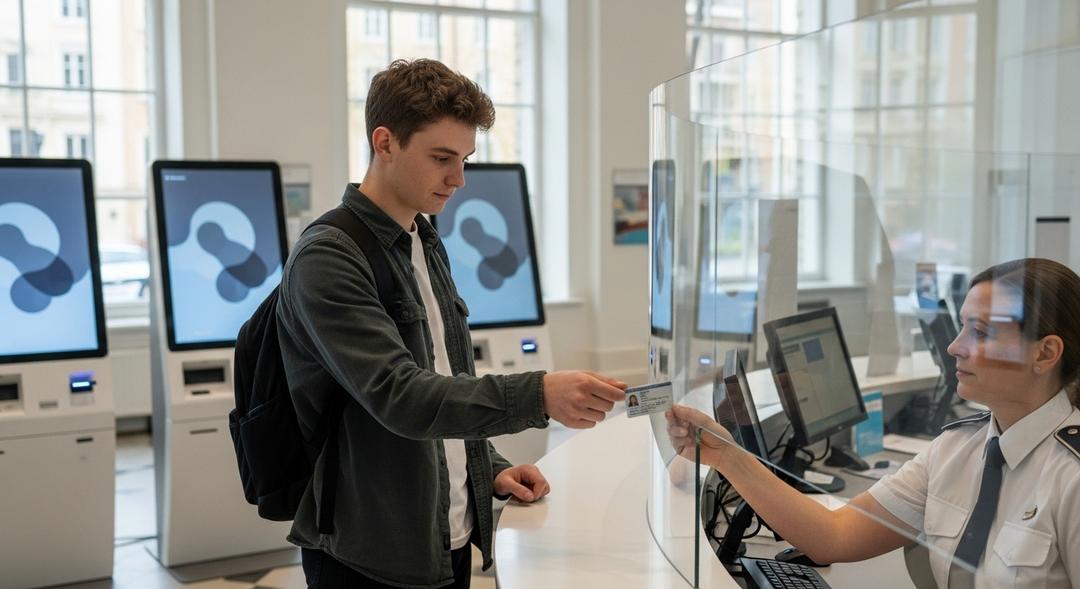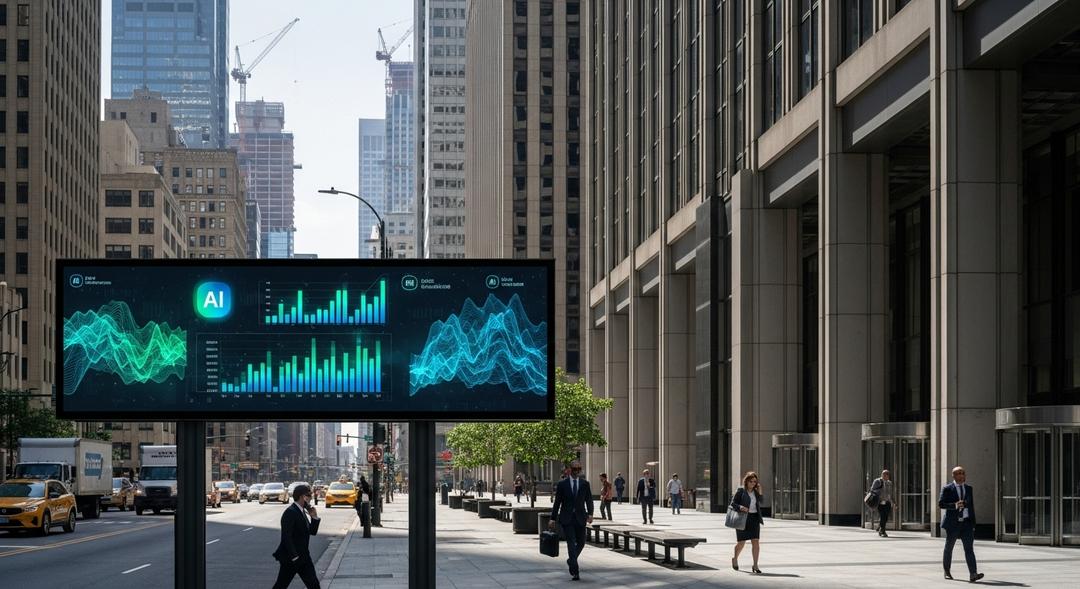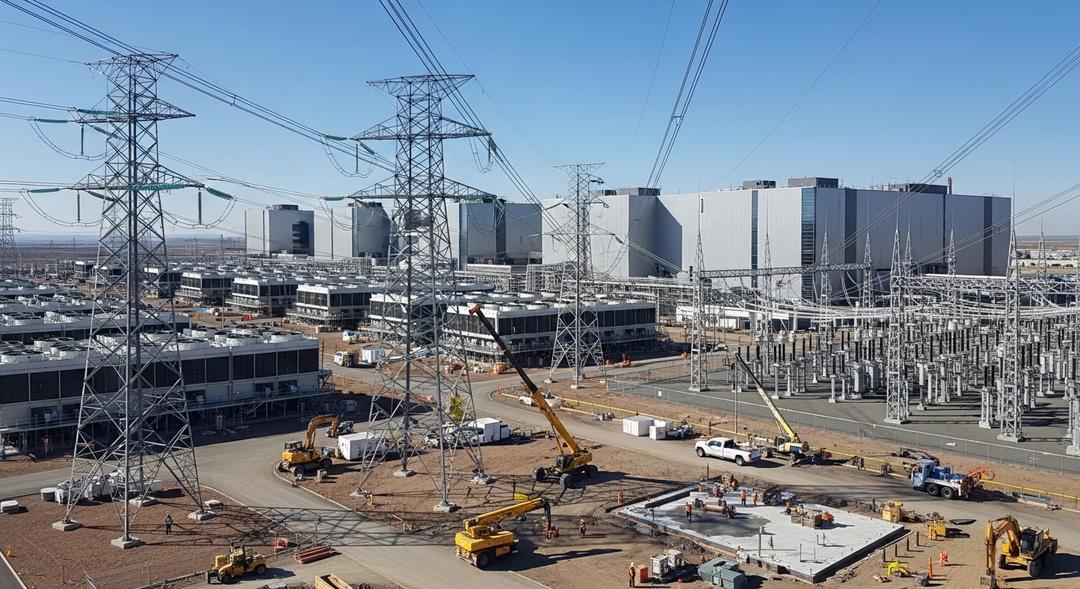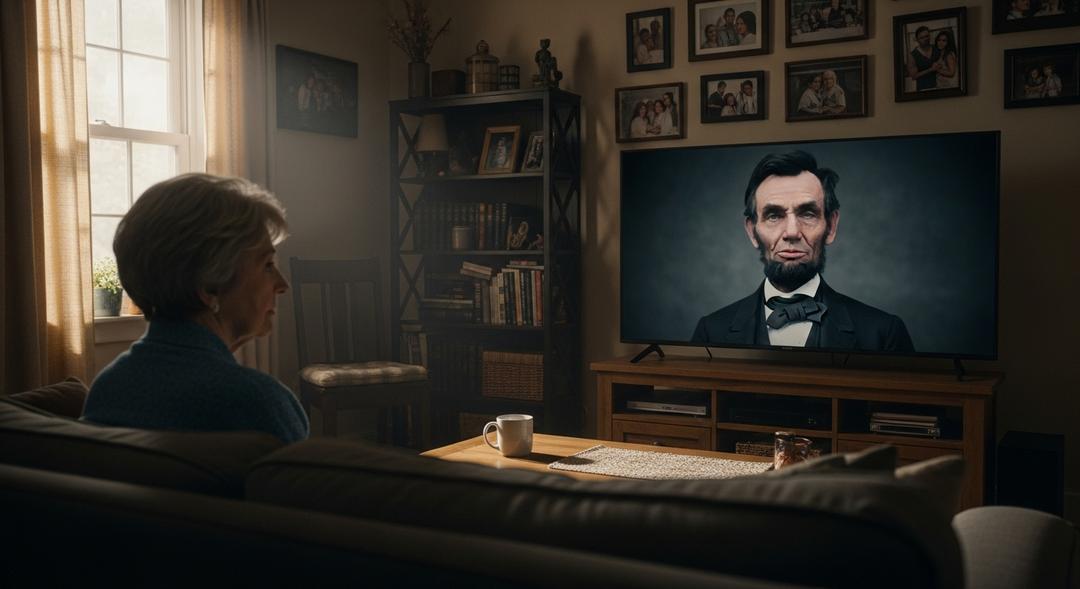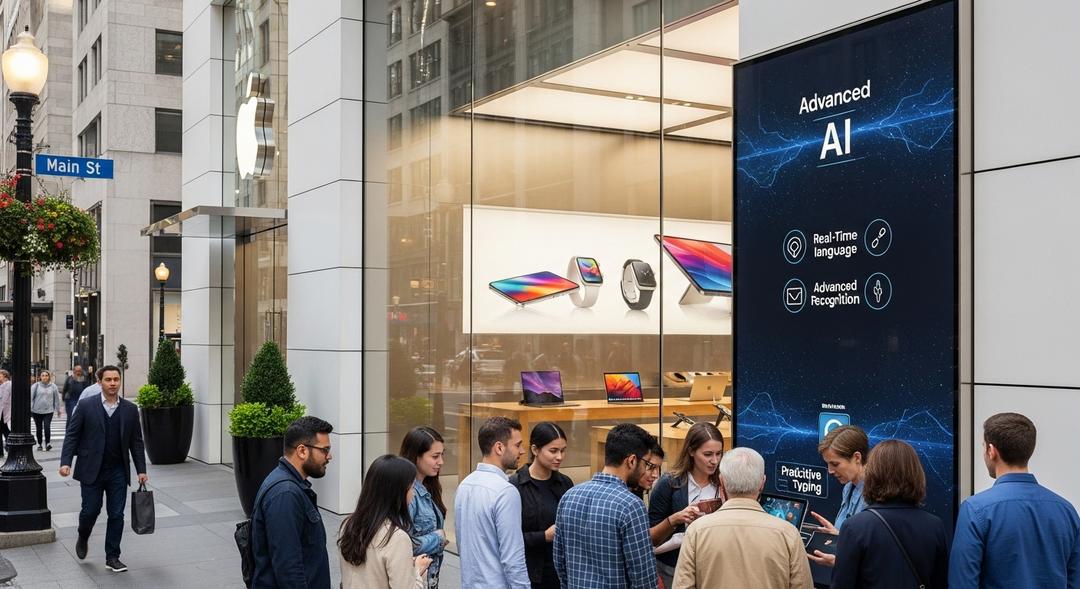Picture this: the Atlanta Falcons’ Zac Robinson, settled into his office for a late night of football film, suddenly being interrupted by a computer chiming in with strategic suggestions.
He will admit it gives him the jitters.
Robinson’s past at Pro Football Focus gave him an appreciation for advanced analytics, but the mental leap from data crunching to an artificial voice analyzing the weak side linebacker is huge. “I’m a little scared,” he confessed, pondering what it would be like if a computer started coaching alongside him.
The NFL is inching closer to that scenario. Instead of the sci-fi villain from a famous movie, imagine an artificial football genius, scanning the field’s secondary while the human coaches analyze the trenches. Robinson figures it might get “a little frustrating” being bossed around by software, but he wonders if it just might become an essential tool.
Ryan Paganetti, now a key member of the Las Vegas Raiders staff, predicts that artificial intelligence will change not only how football is played but how coaching itself is defined. He was not hired simply to be “the AI guy” but expects his job will rely on these technologies “in increasingly larger amounts every month that goes by.” Paganetti is convinced the next great NFL leap will come not from a blockbuster player or a star coach, but from teams harnessing AI in innovative ways.
“It almost might be a blockbuster moment where some coaches, their roles are replaced entirely,” Paganetti warned.
Football’s New Digital Brain
The league has always searched for a secret edge, but the machine learning revolution feels different from scouting or fitness trends. Pete Carroll, the oldest head coach in the league, has become one of its most devoted tech advocates, seeing the possibilities as nearly endless.
He has seen how artificial intelligence is reshaping other industries, and the parallels to football intrigue him. Carroll shared a story about author Deepak Chopra using AI to “interview” himself, transforming a sci-fi idea into regular practice.
Researchers like John Guttag at MIT and rising specialists at startups like SumerSports see rapid progress. “With some work, [AI systems] can be taught to watch football,” said Udit Ranasaria, whose company is developing sports AI. Guttag’s background includes leveraging learning algorithms to find patterns even the sharpest coaches might miss, such as what differentiates scoring drives from failed ones without starting with any assumptions.
Vishakh Sandwar, winner of this year’s Big Data Bowl, says current systems can watch game film, generate defensive call sheets, and even highlight which players “give away” their coverages. “It’s just a matter of the quality at this point,” he explained.
For now, many teams still keep their analytics departments small and their technology guarded.
Paganetti called the secrecy surrounding AI adoption “extreme,” since teams view these new analytical techniques as proprietary gold. Atlanta’s T.J. Yates, long a proponent of new technology, sums up the attitude: “If you’re not using it, it’s dumb, because it’s there for us.”
Coaches see a future where late nights bent over video might give way to quick, smart data-driven recommendations that let them get home to their families.
Even so, skepticism remains. Brian Callahan, leading the Tennessee Titans, expects some traditionalists will push back. “Anytime you are talking to a football coach who has done one thing for a long time, it takes time for that to take hold,” he noted.
But the day is coming when the NFL’s next Super Bowl champion may have a digital brain as much as a human one in the coach’s seat.
